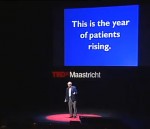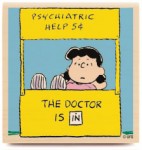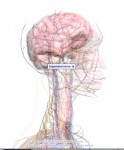Brief Report: Annual Meeting of the Metastatic Breast Cancer Network
The Metastatic Breast Cancer Network held its fifth annual meeting in Baltimore over this past weekend. Most of the nearly 300 registrants were women living with MBC. The lively group of women coalesced in the face of unexpected, pre-seasonal wintry weather. At an evening reception they stood, sat, waited for drinks and lined up for […]








